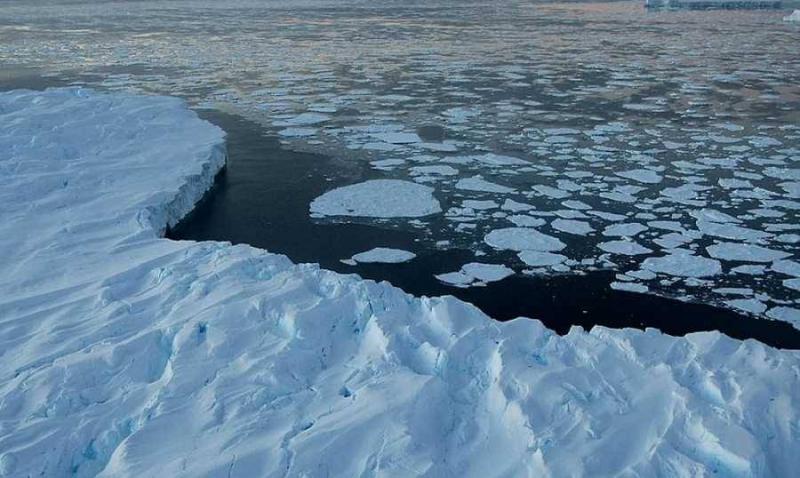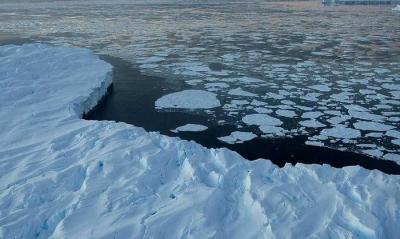The World Meteorological Organization has warned that "there is a 50% chance of global temperatures rising by 1.5 degrees Celsius above pre-industrial levels, even if only for a short period, by 2026." What heightens the seriousness of this is that 1.5 degrees Celsius is the maximum threshold set by scientists to avoid catastrophic climate change, as a rise in temperature of 1.5 degrees Celsius over a year could indicate a potential future breach of that level.
Ayman Qadouri, an environmental expert and member of the International Union for Conservation of Nature (IUCN), stated in an interview with "Sky News Arabia": "Human activity is the main cause of rising global warming rates, as the overall increase in population density and industrial growth—especially following the third industrial revolution (the digital revolution)—which came after the first industrial revolution in Europe and America in the 18th and 19th centuries, and the second at the end of the 19th century and the beginning of the 20th century, has led to this situation."
Qadouri continued: "The World Meteorological Organization has noticed, through its annual report issued from its office, a concerning rise in global warming rates, with approximately 93% of the average temperature over the five years 2022-2026 exceeding the average of the previous five years (2017-2021). It is worth mentioning that the highest recorded global temperature was in 2016, so temperatures over the next three years are expected to exceed those of 2016."
The environmental expert added that "there are severe consequences for a temperature increase of 1.5 degrees in tropical areas and nearby regions, meaning that the Middle East and North Africa, along with the group of developing nations, are among the most affected by global warming. The impact of rising temperatures will not be limited to an increase in daily summer temperatures; it will also exacerbate extreme climate issues and increase rates of ice melting, leading to rising sea levels, which puts coastal and low-lying countries at risk of flooding significant areas of their land. Additionally, elevated temperatures will contribute to warming ocean and sea waters, thereby increasing their acidity, posing a danger to coral reef ecosystems, which may perish due to this increase."




